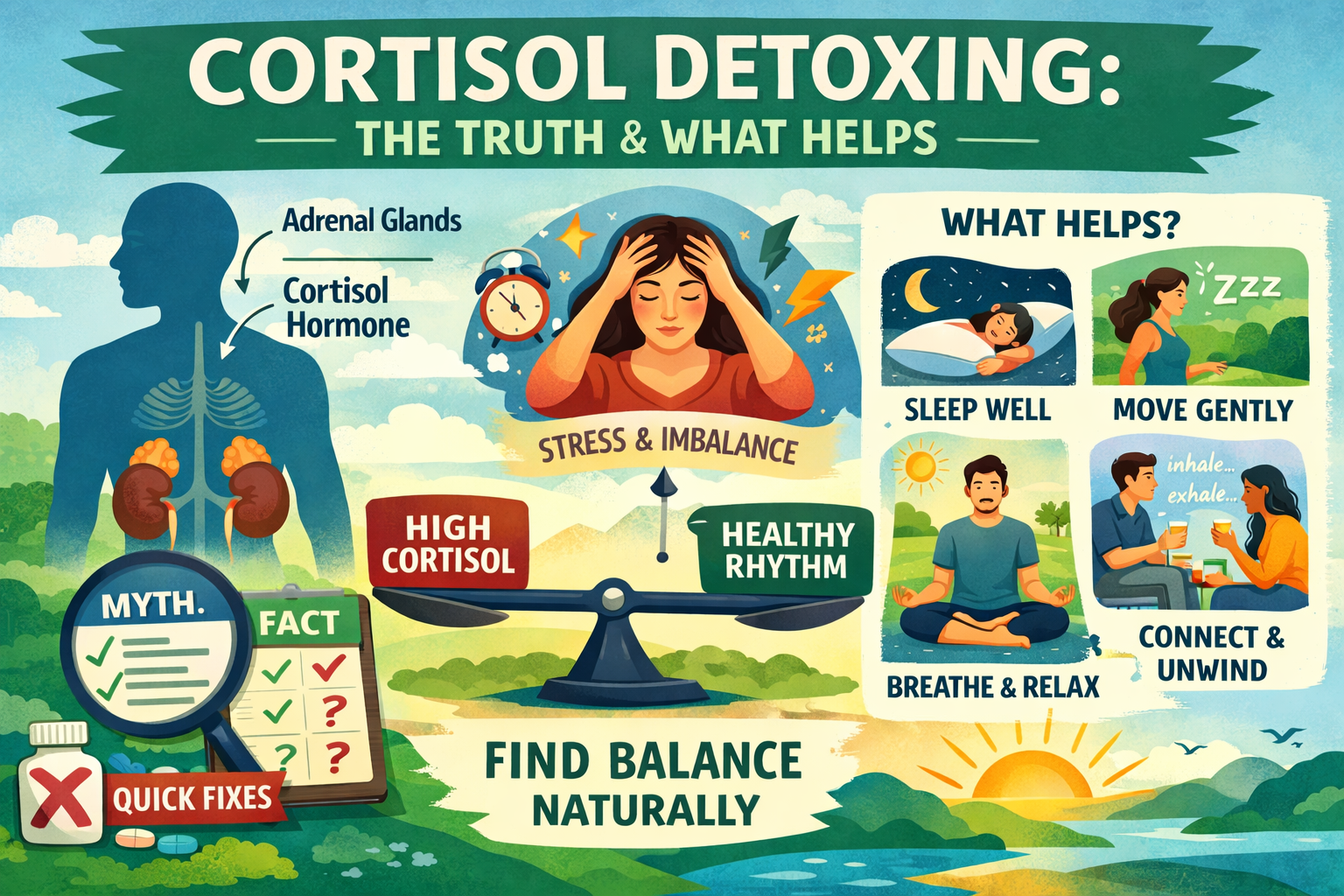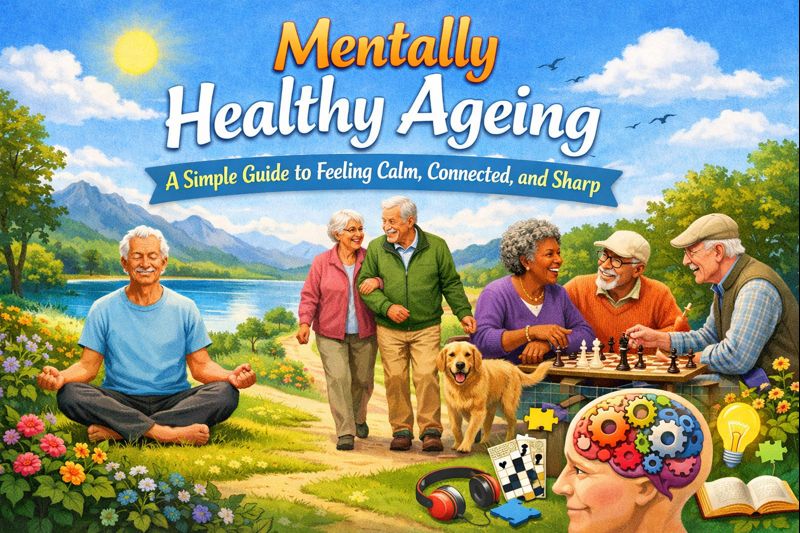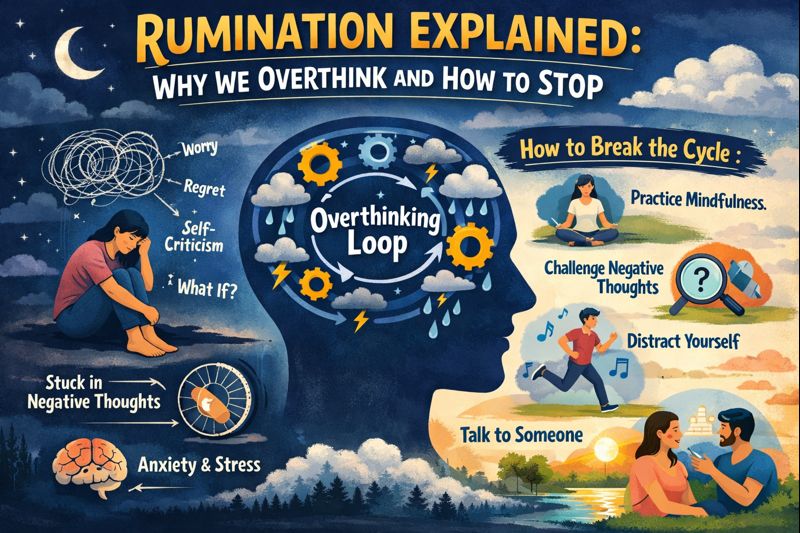Have you ever felt like you're just going through the motions, living day by day without a clear sense of direction? You're not alone. In our fast-paced world, many struggle to find their true life purpose – that deeper reason that gets them excited to jump out of bed each morning.
What is Objective of Life?
Life purpose is the reason you wake up every day with a sense of direction and intention. It’s about understanding what truly matters to you and aligning your actions with your core values. Purpose isn’t necessarily tied to your career or external achievements but often involves the impact you want to create in your life and the lives of others.
Dr. Emily Chen, a renowned psychologist and author of Living with Purpose, describes it beautifully:
“Purpose isn’t something you stumble upon by accident. It’s like a garden you nurture over time, growing from seeds of self-discovery and blooming through conscious action.”
The Science Behind Purpose
Research strongly supports the importance of living a purpose-driven life. A groundbreaking 2019 study published in JAMA Network Open followed over 7,000 adults aged 50 and older. The researchers found that individuals with a strong sense of purpose had a 15% lower risk of death compared to those who felt their lives lacked direction.
Beyond longevity, purpose impacts daily wellbeing. According to research from the University of Michigan, people with a clear sense of purpose experience:
- Lower levels of stress
- Better sleep quality
- Stronger relationships
- Increased happiness and self-esteem
As Professor Sarah Martinez explains, “Purpose acts as a psychological compass, helping us navigate life’s challenges with greater resilience and clarity.”
Why Does Purpose Matter?
Finding your purpose is about more than living longer; it’s about living better. Purpose fuels motivation, enhances mental health, and fosters a sense of belonging. A purposeful life encourages you to pursue meaningful goals, contributing to both personal fulfillment and the greater good.
For example, studies from the American Psychological Association highlight that purposeful individuals often:
- Have a higher tolerance for adversity
- Display greater job satisfaction
- Exhibit improved cognitive functioning in later years
- Experience better mental clarity and inner peace
Steps to Discover Your Life Purpose
1. Reflect on What Brings You Joy
Start by asking yourself:
- What activities make me lose track of time?
- What problems in the world deeply move me?
- What would I pursue if money were not a concern?
These questions help identify your passions and values. Activities that evoke joy or flow states often align with your natural inclinations.
2. Embrace Self-Discovery
Spend time understanding your strengths, weaknesses, and aspirations. Tools like personality assessments or mindfulness practices can provide valuable insights.
Check out: Cultivating Self-Awareness for Improved Mental Health for practical exercises and reflections.
3. Experiment and Explore
Sometimes purpose reveals itself through trying new things. Volunteer, take up hobbies, or enroll in online courses. For instance:
-
Explore platforms like Coursera for diverse learning opportunities.
- Volunteer for causes that resonate with you. Many people discover their purpose through serving others.
4. Inspiration from Thought Leaders
Viktor Frankl, the renowned psychiatrist and Holocaust survivor, profoundly stated:
“Life is never made unbearable by circumstances but only by lack of meaning and purpose.”
This sentiment emphasizes the resilience and hope that purpose instills, even in the face of adversity.
Taking Action: Steps Toward Purposeful Living
1. Set Small, Achievable Goals
Purposeful living doesn’t happen overnight. Break your aspirations into smaller, manageable goals. For example:
- Dedicate 30 minutes daily to journaling your thoughts.
- Engage in one meaningful conversation each week.
2. Build Connections
Surround yourself with like-minded individuals who inspire and support your journey. Join Communities to share experiences and learn from others.
3. Practice Gratitude
Acknowledging what you’re thankful for can deepen your sense of purpose. Research shows that gratitude enhances mental health and fosters meaningful connections.
4. Create a Vision Board
Visualize your goals by creating a vision board. This tool can act as a daily reminder of what you want to achieve and the person you aspire to become.
5. Seek Professional Guidance
Therapists, life coaches, and mentors can provide direction and accountability. Explore Mind Therapy’s counseling services to start your journey.
The Evolution of Purpose
Remember, purpose isn’t a fixed destination. It evolves as you grow and encounter new experiences. Be patient and open to change, and allow your purpose to unfold naturally.
Purpose in Different Life Stages
-
Youth: Often revolves around learning and exploration.
-
Adulthood: Shaped by career, relationships, and responsibilities.
- Later Life: Focus shifts to legacy and mentorship.
Overcoming Common Challenges
1. Fear of Failure
Remember, failure is a stepping stone to growth. As Thomas Edison famously said, “I have not failed. I’ve just found 10,000 ways that won’t work.”
2. Lack of Motivation
Set milestones and celebrate small wins. This will keep you inspired and focused on the bigger picture.
3. Feeling Overwhelmed
Break your goals into smaller tasks. Use tools like to-do lists or apps like Trello to stay organized.
Conclusion
Finding your life’s purpose is a journey that impacts your wellbeing, relationships, and longevity. Through practical steps like volunteering, skill-building, and community connection, anyone can discover their unique purpose. Purpose evolves over time and starts with small, consistent actions.
Take ten minutes today to reflect on what truly matters to you. Write down your thoughts without judgment. This simple act can be the first step toward a more purposeful life.
Remember, your purpose doesn’t have to change the world – it just needs to change your world. Often, that’s how we make the biggest difference.
Your purpose doesn’t have to change the world – it just needs to change your world. Start today, and let The Mind Therapy guide you toward a more meaningful, empowered life.
Are you looking for inner peace, deep relaxation or holistic solutions for mental health? Visit http://themindtherapy.in - your space for online counselling/therapy, free mental health tests, meditation, sound therapy etc.
Mind Therapy is India's trusted platform for mental health, mindfulness, and holistic healing. Explore expert-led programs, guided meditation, sound therapy and counselling at http://themindtherapy.in














